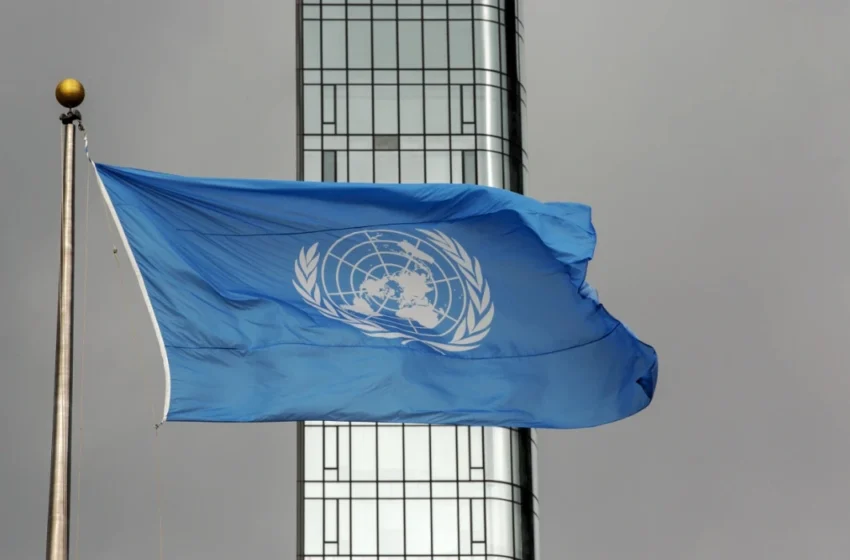
U.N. to slash 20% of humanitarian staff amid massive U.S. funding cuts
The U.N. humanitarian office announced that it is reducing its 2,600 personnel who work in over 60 countries by 20% due to “brutal cuts” in the budget that have reduced it to a nearly $60 million deficit. U.N. humanitarian chief Tom Fletcher wrote in a letter that “the humanitarian community was already underfunded, overstretched and literally, under attack” prior to the latest funding cuts.
In the letter to agency staff, he did not specify which nation was behind the cuts that created the funding crisis at the U.N. Office for the Coordination of Humanitarian Affairs, or OCHA, but he said it was the United States.
Fletcher reported that OCHA had a total budget of approximately $430 million for 2025 and added that several nations have announced or made reductions to the agency’s extra-budgetary resources. He specifically targeted the United States.
“Only the U.S. has been the biggest humanitarian donor for decades,”
he said, and OCHA’s largest contributor to extra-budgetary resources, contributing approximately 20%, which totals $63 million for 2025. He did not comment on whether the U.S. had reduced that figure.
Requested to comment on the status of the $63 million, the State Department indicated that funding for OCHA and other international groups is still under consideration. The White House did not reply.
U.S. President Donald Trump has abolished the U.S. Agency for International Development, which oversaw humanitarian aid, and severely cut funding that has kept millions of individuals alive globally.
“To date, with estimated cash outlays of $258.5 million, we stand with a funding shortfall of nearly $58 million,” Fletcher wrote in the letter.
Although humanitarian needs have grown, he added, OCHA is already witnessing the cuts taking a toll on access to “life-saving support.” Humanitarian partners that collaborate with the U.N. have been impacted severely, with local organizations “bearing the brunt,” followed by international agencies and U.N. humanitarian entities, he said.
Fletcher indicated OCHA must reorient its operations to align with resources and will de-bureaucratize in order to become “less top heavy.” That will involve “substantially reducing” top jobs at U.N. headquarters and in selected regions and countries.
“OCHA will withdraw our presence and operations in Cameroon, Colombia, Eritrea, Iraq, Libya, Nigeria, Pakistan, Gaziantep (in Turkey), and Zimbabwe,”
he explained.
Fletcher indicated OCHA will be redesigned “to be more agile, offer more context-specific coordination services and enable our country leadership.” Decision-making will become more localized, he said.
“We will reverse having more of our budget in operations, aiming to reach 70/30 between regional and country offices, and headquarters,”
he stated.
Fletcher hopes that prioritizing U.N. personnel around OCHA’s needs will make the agency more efficient, less duplicative, more effective in its ability to act quickly to crises, and more “clearly leading and supporting frontline operations.”


